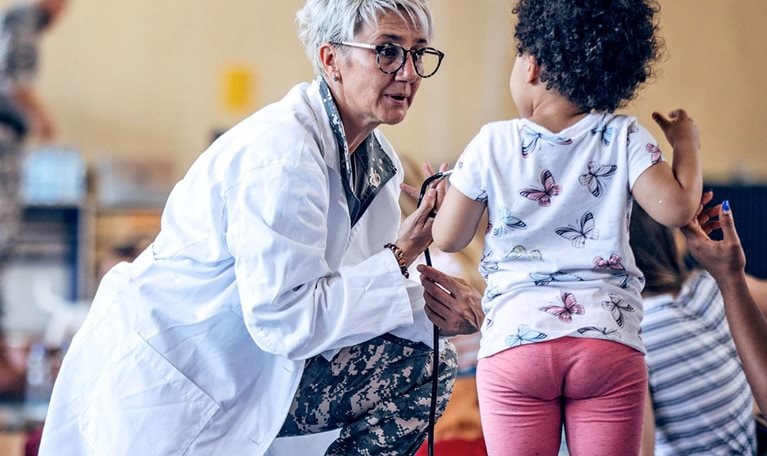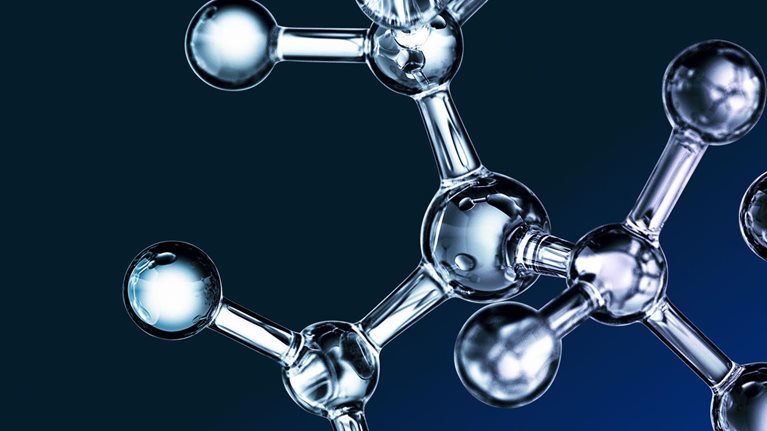Supporting the EU’s response to health emergencies
Opportunity
How we worked together
Supporting HERA since its inception, McKinsey has helped establish the technical foundation to underpin decision making in critical areas of emergency preparedness. Our work has included:
- Analyzing stockpile feasibilities
- Developing tools to model the impact of flexible manufacturing capacities
- Providing relevant data and insights to create new strategies for how the European Union could approach diagnostics and testing solutions
These were implemented in the goal of bolstering HERA’s readiness and responsiveness to public health emergencies.
Utilizing horizon scanning to identify the latest trends in health threats and technology and advanced data analytics, we supported the creation of three robust, evidence-backed decision-making tools. To navigate the complexity at stake, it was critical to ensure the right level of cooperation and collaboration between key European partner agencies such as the ECDC, EMA, and Member States while also involving industry leaders.
Impact
For the European Union and its Member States, detailed scenario analysis and stakeholder engagement plans are critical to supporting the development of coordinated actions and recommendations to enhance the effectiveness and adaptability of health security strategies. Our collaboration has led to significant advancements:
- Feasibility assessment of stockpiles for antimicrobial resistance drugs: Our analysis examined the efficacy of strategic stockpiling of medical countermeasures that could enable quicker responses to disease outbreaks, minimizing treatment delays. An assessment of over 30 scenarios identified a surge in imported drug-resistant tuberculosis as a key candidate while ruling out other scenarios where stockpiling might be less effective. The study also assessed stockpiling options for supply chain disruptions.
- Increased manufacturing flexibility: Analysis supporting the establishment of flexible manufacturing capacities ensures rapid scaling of vaccine and therapeutic production during health crises, such as the EU FAB. This agile manufacturing network for different vaccines can be activated quickly to secure 325 million doses per year in case of a public health emergency.
- Improved diagnostic capabilities: Our collaboration identified six capabilities to ensure new technologies are brought to market through innovation, faster access to market with improved adoption and commercialization, and better data availability and use—leading to a more efficient response.









